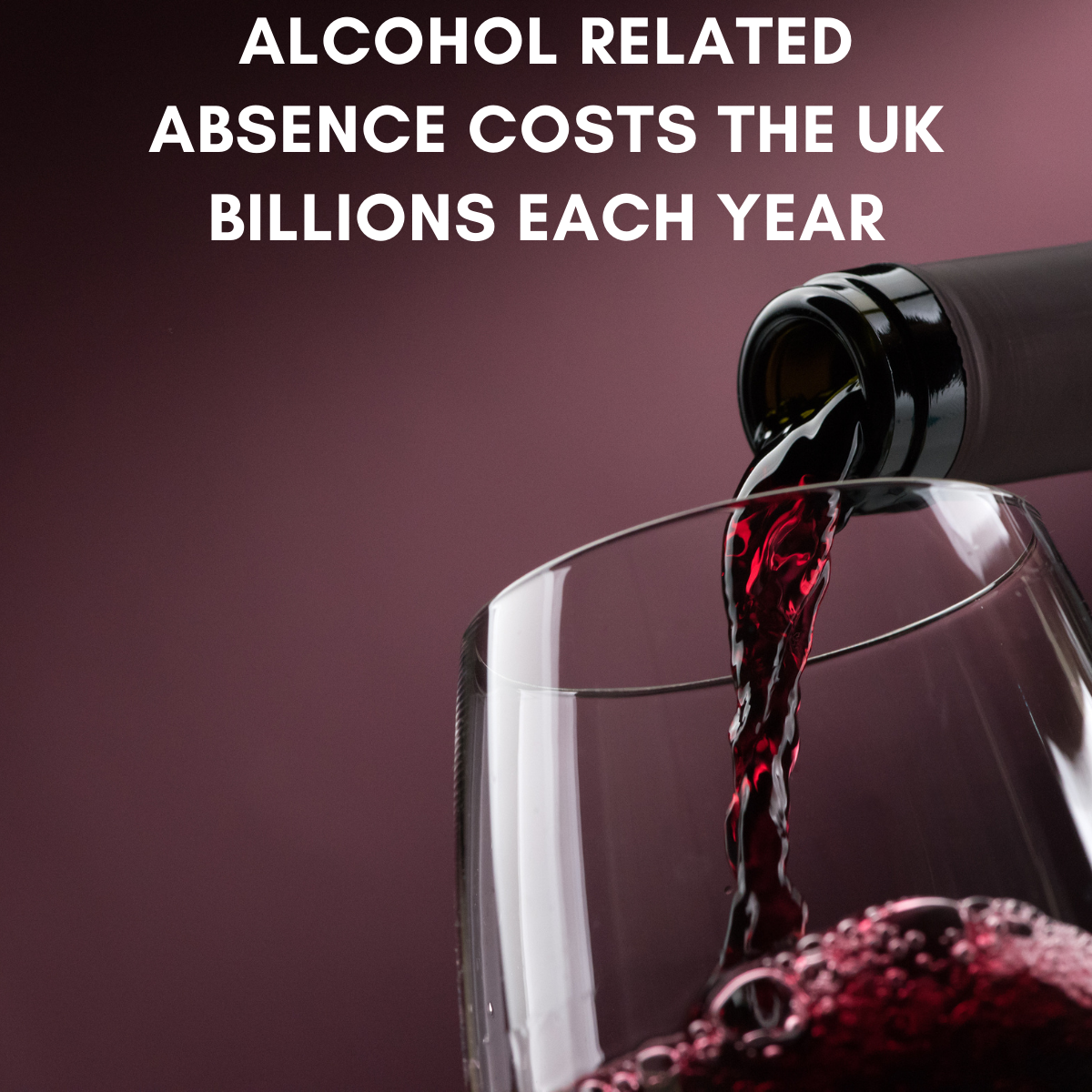Statistics show the increase of alcohol related absence is increasing, with lockdown having a dramatic effect on how much individuals are drinking. Given this, it is surprising that some employers still see drug or alcohol issues as something to be addressed only if, or when, they begin to affect an individual’s performance.
Drug and alcohol misuse are considerable issues within society and therefore also in the workplace. They are significant health, safety and employee wellbeing concerns and it’s important that employers have preventative and supportive measures in place. In addition a clear policy on drug and alcohol misuse, which sets out the consequences of breach of policy, is also necessary.
So what should employers be considering?
Have a policy
This should set out what is acceptable and what the consequences of contravening the policy will be. It should also include where an employee can go if they have a problem and set out where they can get help.
Have a culture where individuals feel they are able to ask for support
Having the policy is essential, but creating an environment where people know if they ask for help they will be supported is important. Your policy should set out who staff can talk to and what kind of support is available to them. No-one is suggesting a stay at the Priory but allowing time off during the day to attend meetings/counselling or signposting to an Employee Assistance Programme could be invaluable.
Train line managers
Managers can play a critical role in both helping prevent issues and in providing support when a problem with alcohol or drugs emerges. Training line managers to recognise the symptoms of drug and alcohol problems, and hold those difficult conversations, can be the most effective measure to help prevent misuse. In addition, line managers should be reminded to treat disclosure of a problem in a non-judgemental way and maintain confidentiality wherever possible.
Focus on prevention
Aspects of work can be associated with drug and alcohol use, so employers should regularly assess workloads, stress levels and working conditions. For any wellbeing initiatives remember to factor in encouraging healthy lifestyles and provide support for people to try and prevent potential problems escalating. Finally, managers should consider the implications of encouraging a drinking culture. We know we can use alcohol to celebrate, commiserate and induct people into the team, but always reflect on whether that is the right message to send. One size has never fitted all so a balanced approach to such activities may be a good starting point.
